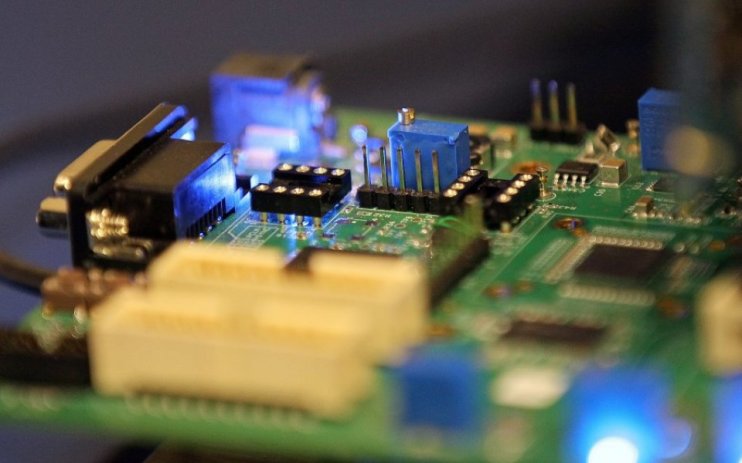Semiconductor industry’s grip on globe to loosen next year in economic downturn

The semiconductor sector is bracing for slipping demand next year, as the grip the industry had on consumer and industrial-facing businesses loosens.
Global revenue generated by computer chips, crucial bits of tech used in most of today’s electronics, is expected to fall 3.6 per cent in 2023, according to tech research and consulting giant Gartner.
While the industry is still anticipated to bank $596bn (£492bn) next year, Gartner has revised down its forecast from $623bn (£515bn) in the latest sign the industry is rebalancing.
“The short-term outlook for semiconductor revenue has worsened,” Richard Gordon, practice vice president at Gartner, said.
“Rapid deterioration in the global economy and weakening consumer demand will negatively impact the semiconductor market in 2023.”
The economic downturn sweeping the globe is already beginning to act like an anvil on demand for consumer electronics, squashing down the industry’s pandemic-era growth.
The semiconductor sector boomed during the pandemic, when consumers flocked towards the latest tech during successive lockdowns, despite the supply chain being plagued by restrictions and illness from Covid-19.
Onlookers have long said the industry has a cyclical nature, due in part to the relatively short lifespan of tech, which is quickly replaced by newer models.
Bloated inventories will also be an issue, after the semiconductor industry ramped up production to meet flying demand to the point of oversupplying.
However, Gordon said the uptake of working from home, as well as the ongoing digitisation of businesses, will see the corporate world continue to pump cash into the sector.
“While the deterioration in the macroeconomic environment will weaken consumer demand, we expect relatively better semiconductor consumption from business investments,” added Gordon.
“Consequently, markets such as industrial, telecom infrastructure and data center will be less impacted by consumer sentiment and spending in the short term.”